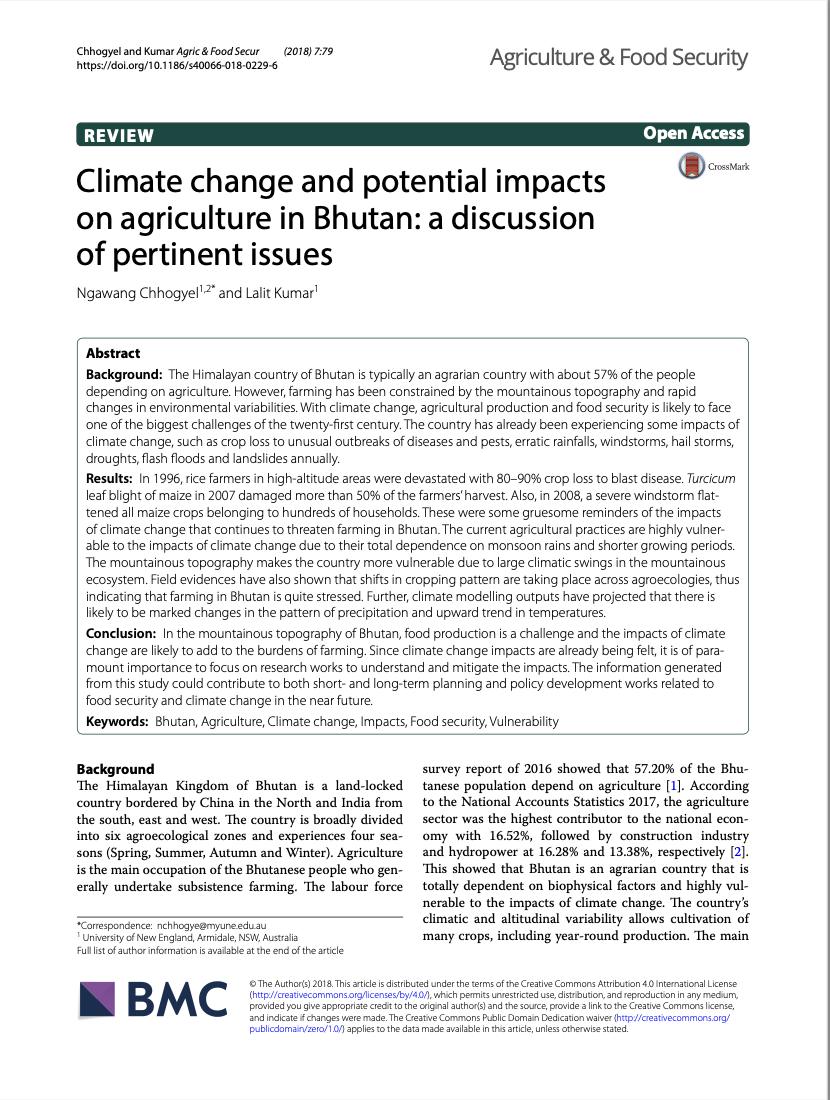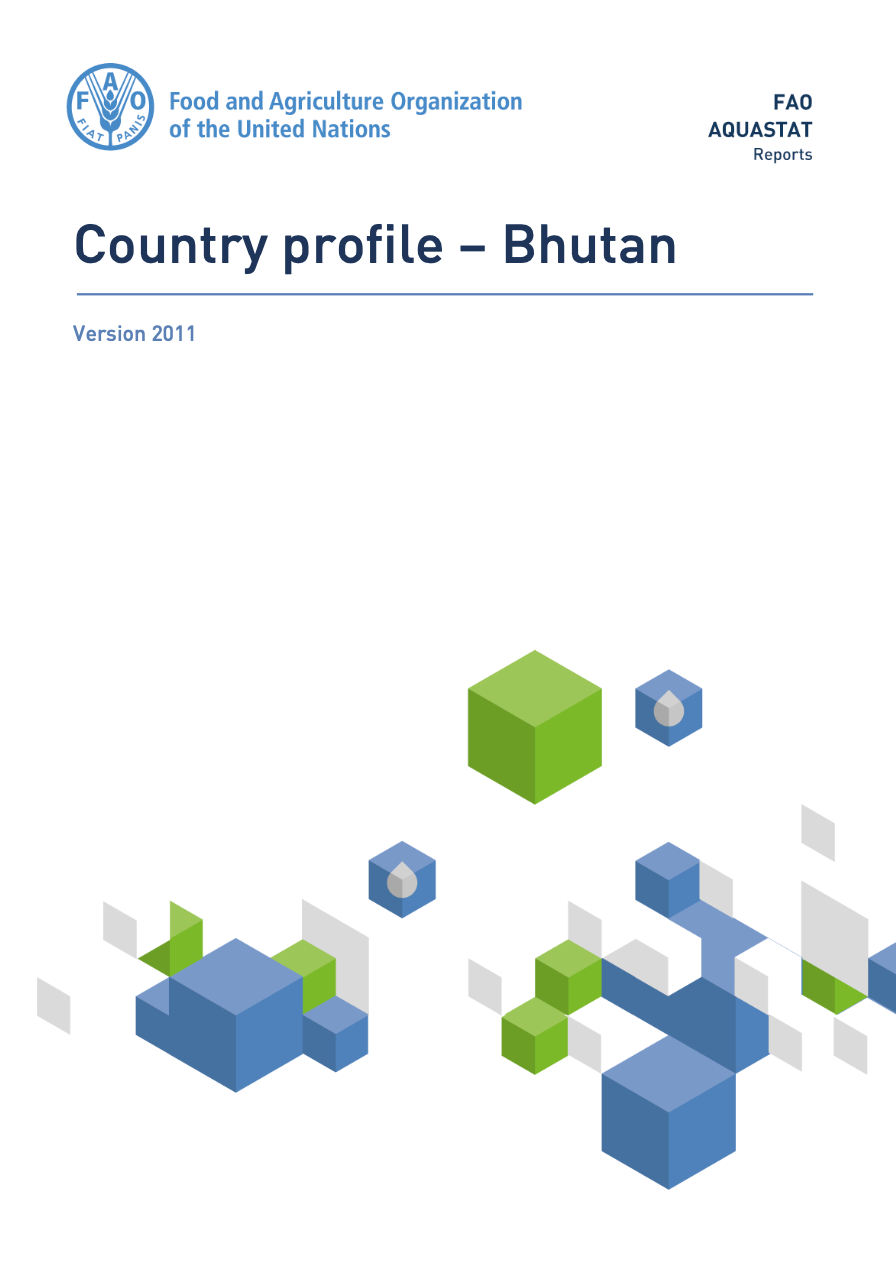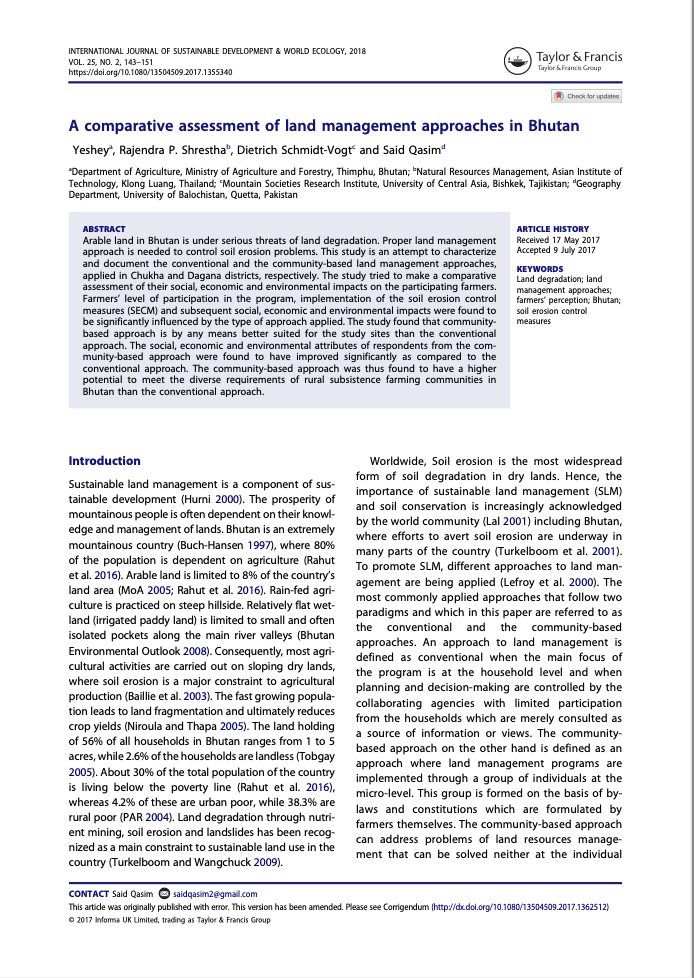Farmland Ownership Policy: Technical Paper
In this paper I develop a theoretical model to analyze policy that restricts who can own land. I briefly review research related to such policy in Saskatchewan, Canada, and identify a standard supply-demand model that I extend in several ways. First, I replicate results for how policy affects prices and develop new results for how policy affects social welfare using comparative statics. Second, I extend the model to a dynamic setting where demand curves change over time and show that policy can affect price changes in variety of ways, which I refer to as comparative dynamics.





